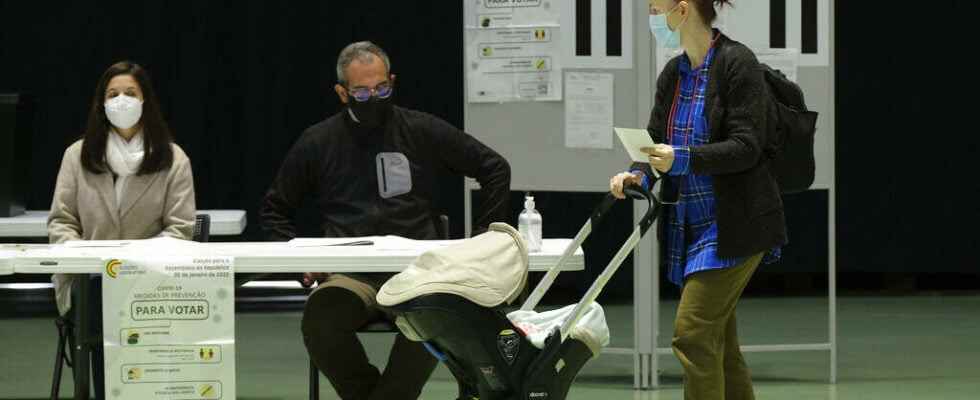The Portuguese vote this Sunday, January 30 for early legislative. The ballot was called after Prime Minister Antonio Costa failed to pass his budget at the end of October 2021. The withdrawal of his left-wing allies had signaled the fall of the socialist government and the calling of new elections. Due to Covid-19, early voting was opened a week ago.
In the polls, the Socialist Party remains in the lead with 38% of voting intentions ahead of the center right at around 30%. The far-right Chega party, recent in the political landscape, is on the rise and finds itself neck and neck with the Left Bloc party, to become the third political party in the hemicycle.
Seven years after the unprecedented gathering of the left, the task promises to be difficult for the Portuguese socialists. Antonio Costa’s party, the favorite in the legislative elections, will have more difficulties if it wins find a coalition to govern. Moreover, the socialist left and the social democratic right are neck and neck in the latest polls. The result of the legislative elections is more than ever suspended from participation and to the useful vote.
The Costa government has nevertheless succeeded in reviving growth, after years of austerity; he increased the minimum wage by more than 200 euros, bringing it to 821 euros monthly. Insufficient, says the radical left, which demands more effort on purchasing power and public services.
The far right in ambush
Over the past two years, the pandemic has hit the Portuguese business and household economy hard. Tourism has collapsed; and the issue of wages, tax pressure and standard of living are at the heart of voters’ concerns.
In this context, the nationalist right hopes to take third place from the radical left. In Portugal, the emergence of nationalists came later than in many European neighbors. But 48 years after the end of Salazar’s dictatorship, the Chega party is constantly on the rise in voting intentions.
Many issues were not raised during the election campaign in my opinion, mainly housing, but also employment.
Report in Lisbon on the eve of the election
